Popular on Food52
Continue After Advertisement
15 Comments
Aneesa H.
June 15, 2014
Eggs are in the pot now. Less than 3 hours wait!
However, I'm not sure if this is right or not, but instead of Soy Sauce, I put in Sweet Soy Sauce. I also added Chinese 5 spice instead of peppercorns. Will see how it turns out! Thanks so much for this recipe! Can;t wait to taste mine! :)
However, I'm not sure if this is right or not, but instead of Soy Sauce, I put in Sweet Soy Sauce. I also added Chinese 5 spice instead of peppercorns. Will see how it turns out! Thanks so much for this recipe! Can;t wait to taste mine! :)
Jesse M.
March 20, 2014
Eggs simmering as we speak. I've been wanting to do these for a while - glad the recipe popped up today! Thanks for writing this out!
Mark J.
March 19, 2014
Also (sorry for adding so many comments) are there any best practices when it comes to drying fruit peels? The dried orange peels: can you buy them dried? Or can you do them at home (and how)?
Cynthia C.
March 19, 2014
I don't have any advice for drying orange peel because I don't do it myself -- but if you don't have any, you can just use fresh peel!
Mark J.
March 19, 2014
Just wondering about the sugar. Why is it optional? How do the flavors differ between using it and not using it? Is there even a flavor difference? Is it optional strictly for "health" reasons, to keep it sugar free?
Cynthia C.
March 19, 2014
Hi Mark! It's just optional because, like you guessed, the flavor difference isn't all that pronounced. I just have a preference for a touch of sweet in my savory foods! Not a big deal either way to include it or leave it out. :)
Emily S.
March 19, 2014
I recognized these tea eggs as Cynthia's work as soon as I saw them on Facebook. Love her gorgeous (and tasty!) contributions. Keep 'em coming! :)
Gerianna
March 19, 2014
Oh my, this makes me acknowledge that I have been hankering for these and just didn't realize it.
Can you use fresh instead of dried peel?
Can you use fresh instead of dried peel?
Cynthia C.
March 19, 2014
You absolutely can! I'll edit the recipe to reflect :) (To be honest, I usually use fresh myself because I tend to have citrus around the house much more often than I do dried peel.)
JadeTree
March 18, 2014
A friend of mine in grad school used to make these for us - how I miss them! Thanks for reminding me of this treat with a good recipe.
HalfPint
March 18, 2014
I LOVE tea eggs and was so sad when the Taiwanese tea place, around the corner from the office, closed down. Looking forward to trying your recipe.
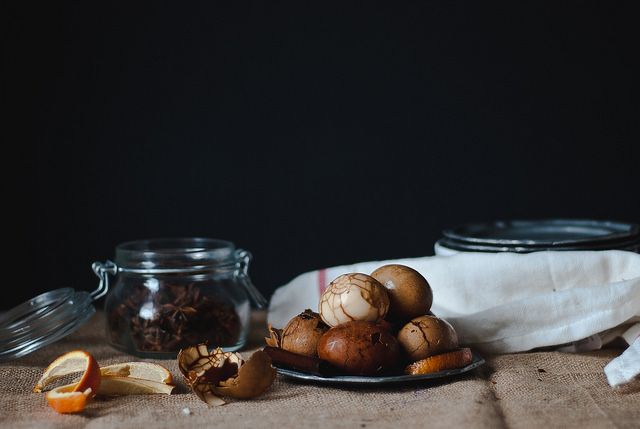
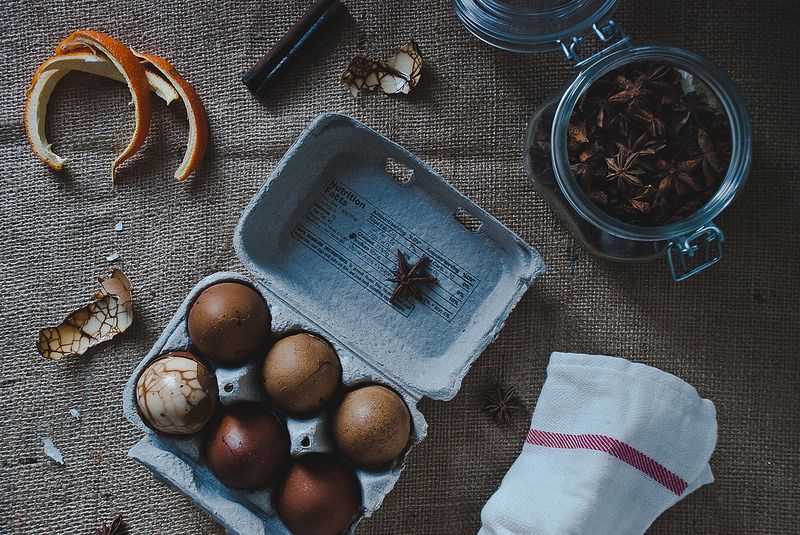
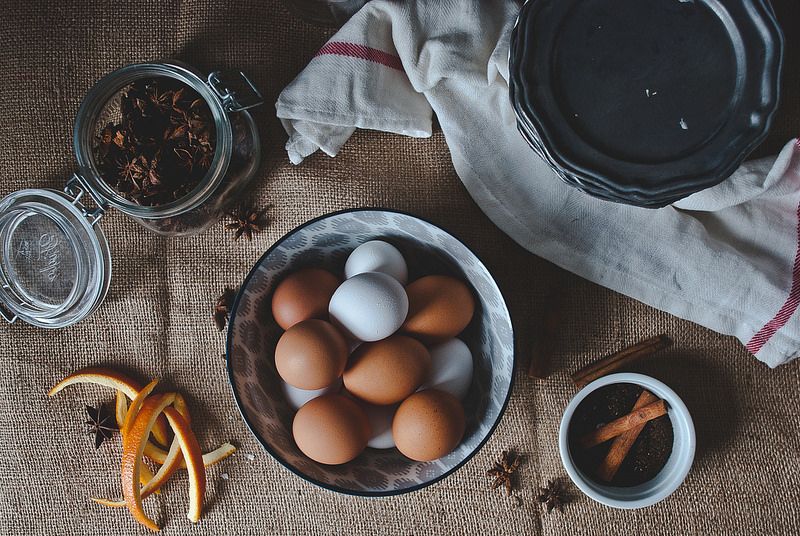
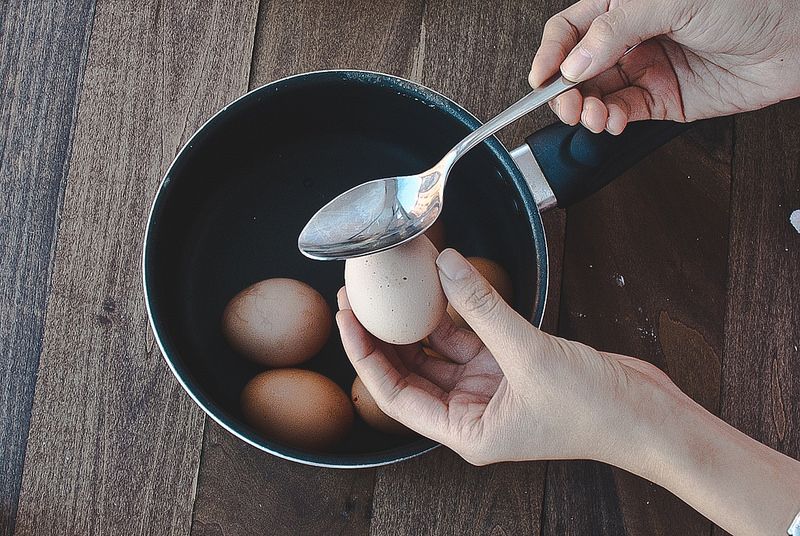
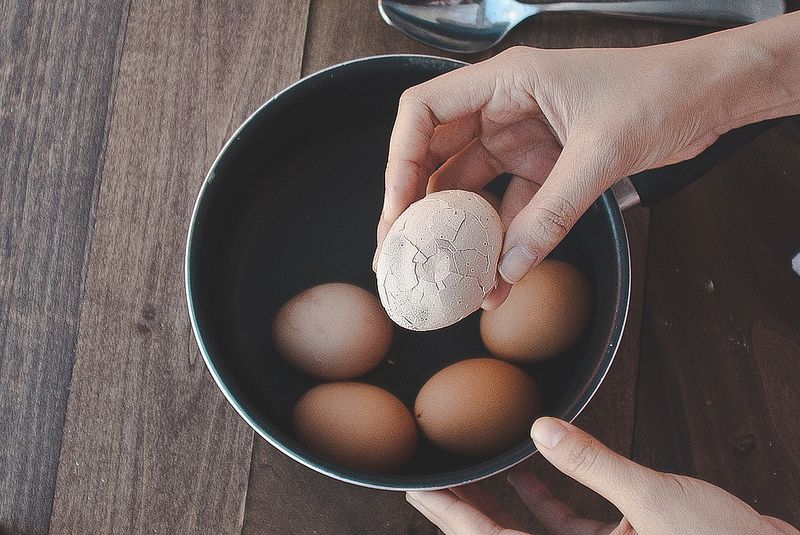
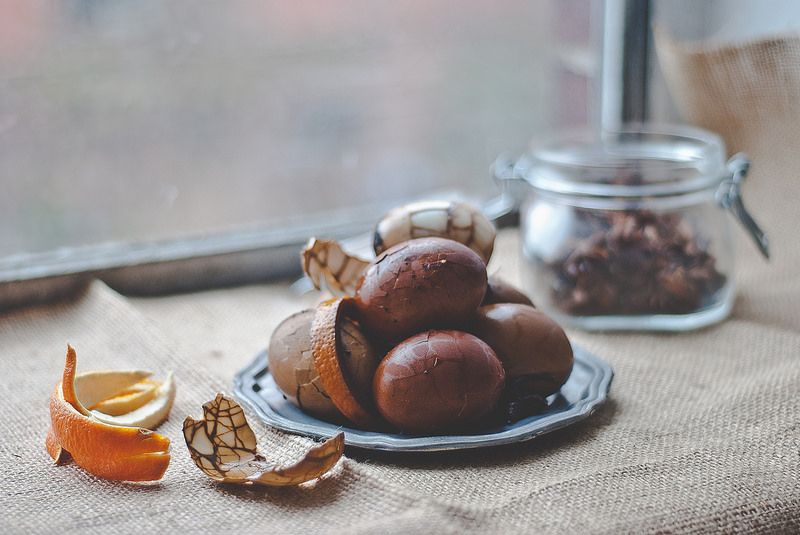
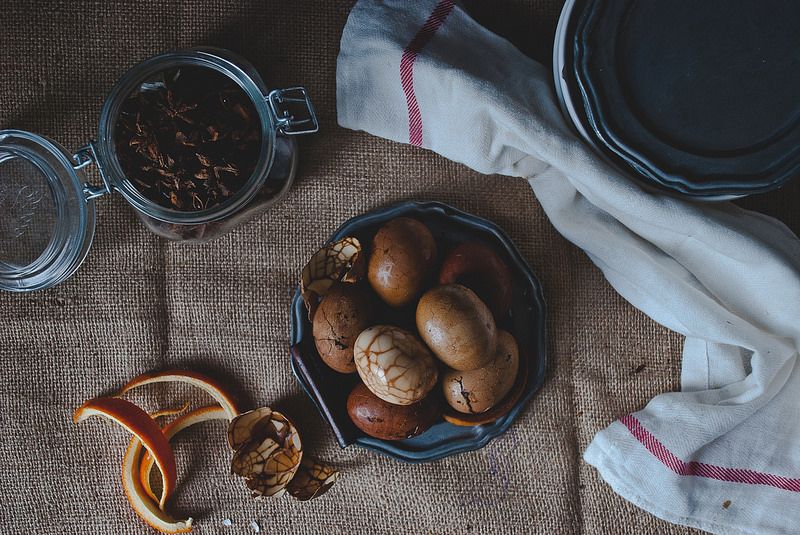
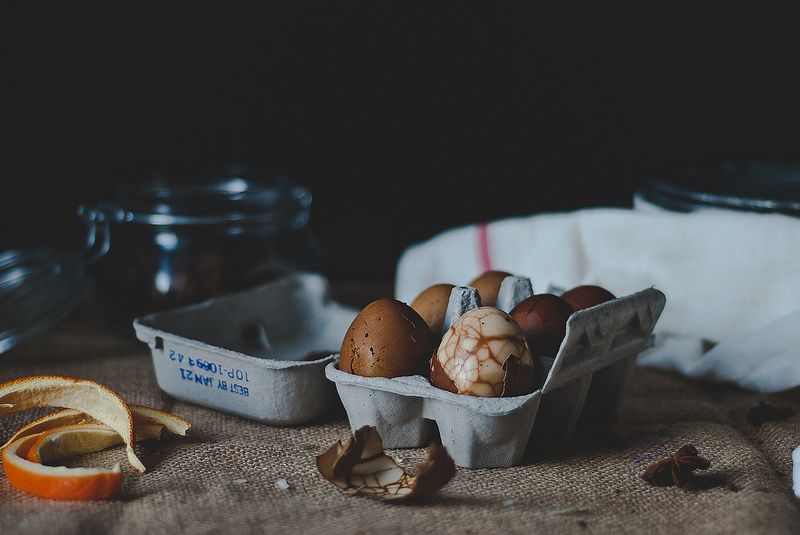

See what other Food52 readers are saying.